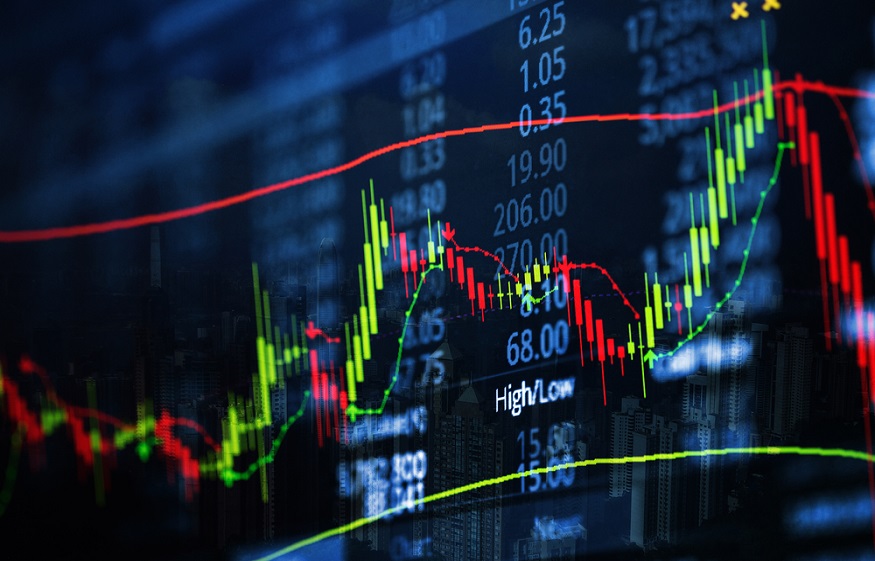President Joe Biden announced a new White House supply chain dashboard on November, 2021. The announcement came with the usual presidential fanfare offered by so many Oval Office occupants for so many years. But when the dust settles, the lights are switched off, and the microphones taken away, the new supply chain dashboard will be of very little value.
Politicians love data almost as much as press conferences. Data plays a valuable role in distracting people from the real issues. For instance, the new dashboard, unofficially dubbed by the administration as ‘Periscope’, will offer semi-monthly updates of shipping and port activities. The dashboard will track all sorts of data relating to imported goods. So what?
Data only tells people what is happening. It does not explain why it is happening or what is actually causing supply-chain problems. And even if it did reveal that information, simply gathering data does not solve the supply chain problem. The most frustrating thing is that we already know why supply chains are being disrupted. Yet our leaders do not actually want to implement real solutions. They would rather produce meaningless data and hold press conferences.
International Trade Regulations
Trade disruptions are not solely the result of the coronavirus crisis. In fact, coronavirus sweeping across the globe was merely the straw that broke the camel’s back. The actual problems now creating the supply chain crisis had been brewing for decades.
At the top of the list are international trade regulations. Every country with enough power and economic resources to influence global trade has its own set of regulations designed to protect national interests. That is all well and good, but history has taught us time and again that government regulations create more problems than they solve.
Any company that imports or exports can tell you just how convoluted global trade compliance is. Maintaining compliance is difficult enough that entire companies exist for no other reason than to help importers and exporters play by the rules. Vigilant Global Trade Services is one of them.
Ongoing Trade Deficits
Next up are ongoing trade deficits. One would expect that trade between countries is not always balanced. One country will always have a slight advantage over another. But excessive trade deficits that lead to profound and extended imbalances create problems. When the entire world relies on China and their cheap manufacturing, for example, the whole supply chain can be disrupted simply by limiting Chinese exports.
Global Logistics Services
It takes robust global logistics to facilitate ongoing international commerce. And of course, the entire logistics sector is heavily regulated by a variety of governing bodies. Everything from container ships to cargo planes and trucks are subject to artificial influences that only make moving goods from one point to another more difficult than it needs to be.
Right now, goods coming off container ships on the California coast are sitting in yards waiting to be picked up and carried away on trucks. There are not enough trucks or drivers to keep up with demand. For their part, trucking companies cannot hire drivers fast enough. The industry is hampered by government regulation, low wages, spot rates, and more.
The Biden administration seems to think that tracking import data will help ease the supply chain crisis. It will not. The new Periscope dashboard will update data every two weeks. That’s about it. Yet we are not in the jam we now find ourselves in because of a lack of data. Until the powers-that-be are willing to implement systemic changes to international trade and logistics, nothing is going to change.


